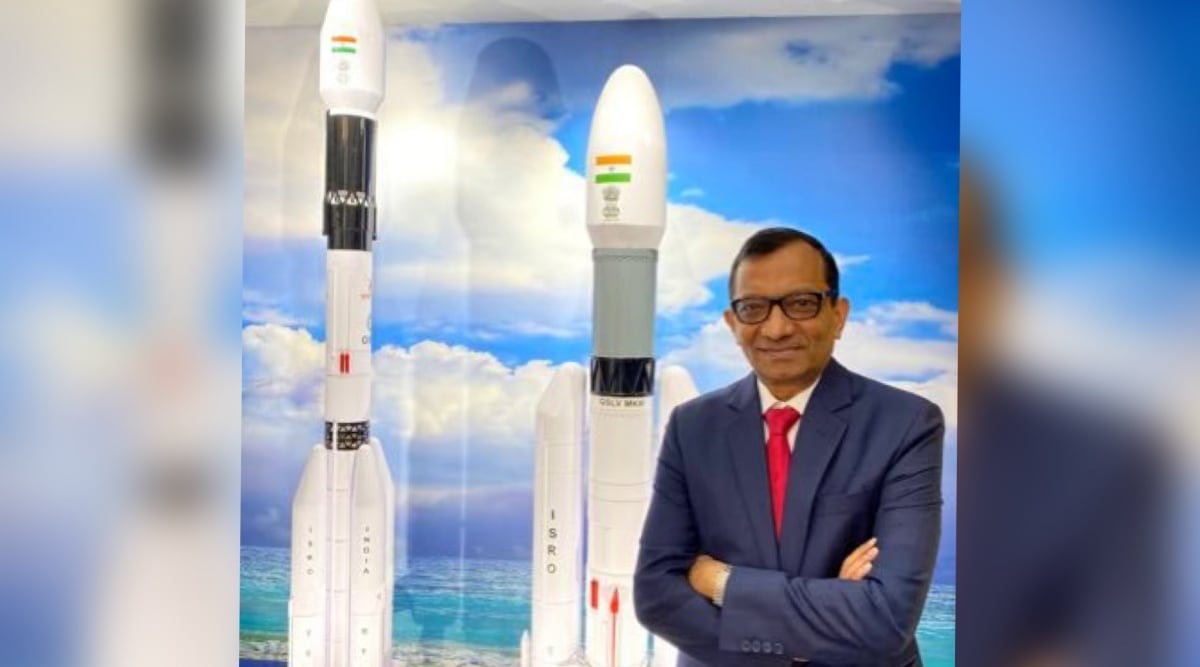FDI policy to boost space startups in India will be unveiled soon: INSPACe chairman
INSPACe chairman Pawan Goenka was speaking at Spacecraft Mission Operations (SMOPS-2023), organised by the ISRO in Bengaluru on June 8 and 9.
 INSPACe chairman Pawan Goenka. (Twitter/@GoenkaPk)
INSPACe chairman Pawan Goenka. (Twitter/@GoenkaPk) The newly-created Indian National Space Promotion and Authorisation Centre (INSPACe), under the Indian government’s Department of Space, is on the verge of finalising a new Foreign Direct Investment (FDI) policy for space startups, INSPACe chairman Pawan Goenka said at a space conference Thursday.
“The policy has been defined, it has been agreed to by all and I believe that it is a very good, balanced policy that is directed towards creating opportunity for growth for Indian companies and at the same time allowing foreign companies to come in and play a major role both in terms of bringing technology and bringing investment,” Goenka said.
He was speaking at an international conference, Spacecraft Mission Operations (SMOPS-2023), organised by the Indian Space Research Organization (ISRO) in Bengaluru on June 8 and 9.
“The FDI constraint is one of the issues in the space sector because many of the startups are not able to get investments for their growth, and the foreign companies who want to grow their business in the space sector in India are not able to do so due to the FDI policy,” the INSPACe chairman said.
Goenka said that the space sector in India remains a sunrise sector despite being in existence for 60 years. He said under the new space policy crafted by the GoI, the role of ISRO would move increasingly towards research and hand-holding private enterprises to whom technology would be transferred collaboratively.
“Technology transfer to the private sector is a big part of what the government asks us to do. The private sector is building the PSLV and the SSLV EOI (Small Satellite Launch Vehicle – Expression of Interest) is about to come. We are looking at major things that will move from ISRO to the private sector in a collaborative manner,” Goenka said.
“Under the new space policy, nothing is off limits for the private sector. This is the primary objective of the policy. Building satellites and rockets, owning space assets, delivering commercial service, creating infrastructure… At present, all of this is under ISRO but the vision is that the private sector will come forward and play a major role in how the space sector moves forward in India,” he said.
ISRO will be primarily about research and development and scientific missions, which would help ISRO assume a technology leadership role in the world, the INSPACe chairman said.
One of the early efforts to facilitate FDI in the Indian space sector through the space startup Devas Multimedia in 2005 has resulted in a major global litigation battle between the foreign investors in the startup (including the German telecom major Deutsche Telekom) and ISRO’s commercial arm Antrix Corp, after a deal was annulled by the United Progressive Alliance (UPA) government in 2011.
On June 8, a special court in Bengaluru declared the US-based founder CEO of Devas Multimedia a fugitive economic offender in a money laundering case registered by the Directorate of Enforcement over the FDI received by Devas Multimedia.
The Devas CEO and others are accused by the ED of allegedly diverting to the United States 85 per cent of a total of Rs 579 crore of FDI that Devas Multimedia received following a 2005 satellite deal with the ISRO.
The satellite deal was annulled in 2011 by the UPA government by citing the requirement of space spectrum allocated under the satellite deal for the defence sector.
Following the cancellation of the 2005 deal, Devas Multimedia and its foreign investors approached international arbitration tribunals to seek compensation for losses they incurred. Three arbitration tribunals have compensated Devas and its foreign investors over the failed deal.
The biggest compensation award has been a September 14, 2015, ICC tribunal award of over $1.2 billion, which a US federal court confirmed on October 27, 2020.







